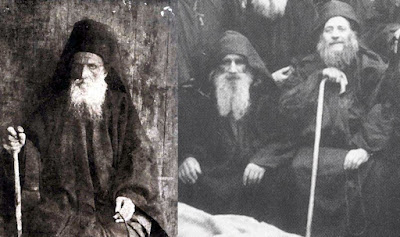The Synod of the Metropolis of Muntenia and Dobrudja met on Wednesday, September 28, 2022, in a working session, in the Synodal Hall of the Patriarchal Residence in Bucharest. Hierarchs from the suffragan dioceses of this metropolis participated in the meeting chaired by Patriarch Daniel of the Romanian Orthodox Church. The agenda included the presentation of some liturgical texts that will accompany canonization proposals, as well as administrative topics that fall under the attributions of this ecclesiastical forum.
Patriarch Daniel presented the agenda, which included the presentation of the liturgical texts that will accompany the proposal for the canonization of Venerables Dionisie Ignat and Petroniu Tănase.
Patriarch Daniel presented the agenda, which included the presentation of the liturgical texts that will accompany the proposal for the canonization of Venerables Dionisie Ignat and Petroniu Tănase.

























.jpg)












